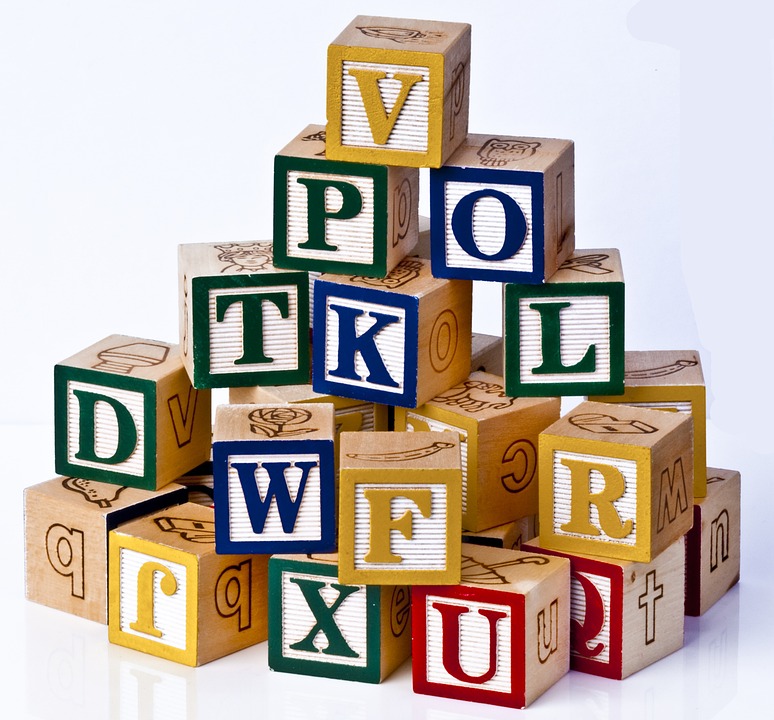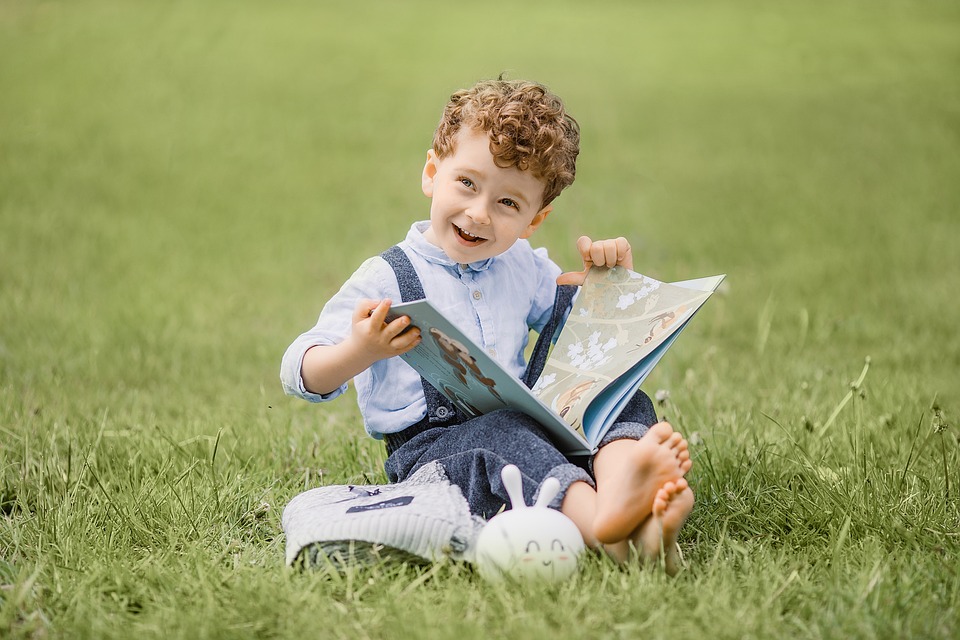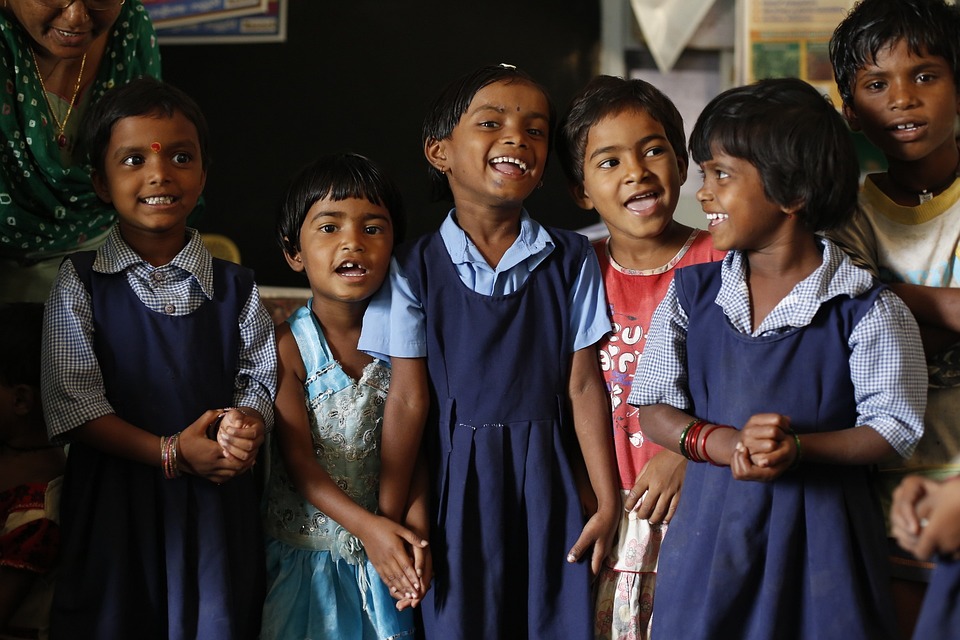Building Collaboration between Schools and Parents in Child Education
Education is a collaborative effort that involves various stakeholders, including schools and parents. The partnership between schools and parents is crucial in ensuring the success and well-being of children. When schools and parents work together, they can provide a supportive and enriching environment for children to thrive academically and emotionally.
There are several ways in which schools and parents can collaborate in the education of children. One of the key ways is through open communication. Schools should regularly communicate with parents about their child’s progress, behavior, and any issues that may arise. This allows parents to be informed and involved in their child’s education, and also enables them to provide support and guidance when needed.
Another important aspect of collaboration between schools and parents is parental involvement in school activities. Parents can volunteer in school events, participate in parent-teacher meetings, and join parent-teacher associations to contribute to the school community. By being actively involved in school activities, parents can show their support for their child’s education and build positive relationships with teachers and school staff.
Furthermore, schools can also provide resources and support for parents to help them better understand and support their child’s education. This can include workshops, seminars, and informational sessions on topics such as child development, parenting skills, and academic support strategies. By equipping parents with the necessary knowledge and skills, schools can empower them to be more effective partners in their child’s education.
In conclusion, collaboration between schools and parents is essential in ensuring the success and well-being of children in their education. By fostering open communication, parental involvement, and providing resources and support for parents, schools can create a supportive and enriching environment for children to learn and grow. Together, schools and parents can work towards a common goal of providing the best possible education for children.
References:
1. Epstein, J. L. (2001). School, family, and community partnerships: Preparing educators and improving schools. Westview Press.
2. Hoover-Dempsey, K. V., & Sandler, H. M. (1997). Why do parents become involved in their children’s education? Review of educational research, 67(1), 3-42.
3. Henderson, A. T., & Mapp, K. L. (2002). A new wave of evidence: The impact of school, family, and community connections on student achievement. National Center for Family & Community Connections with Schools.










